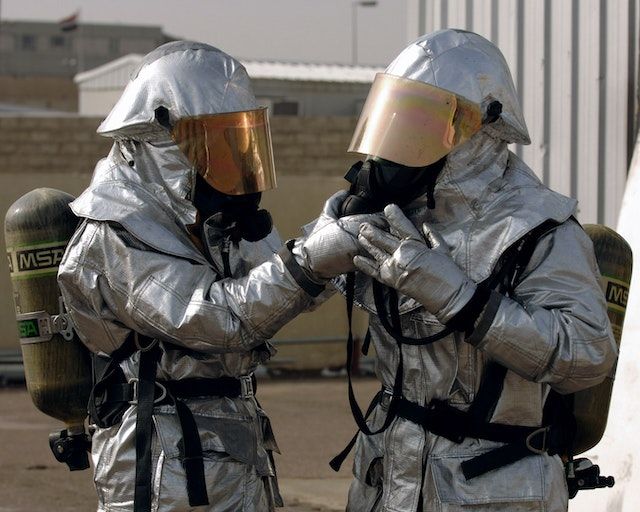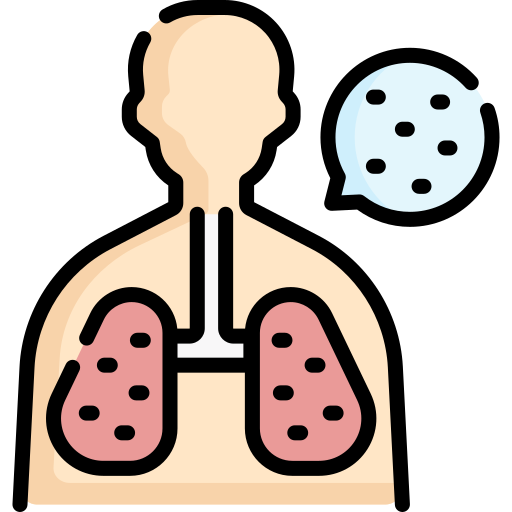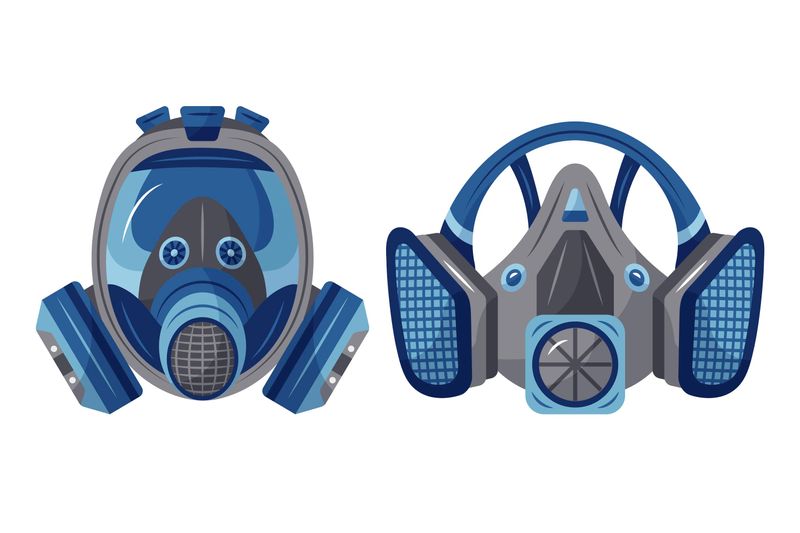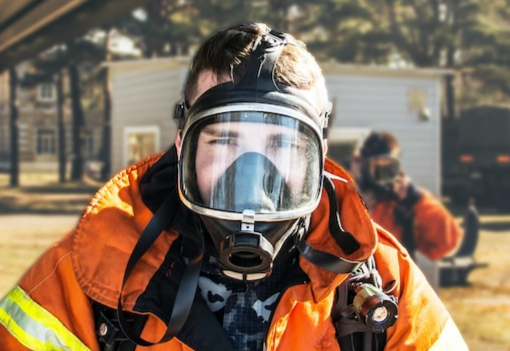 Photo by Pixabay from Pexels
Photo by Pixabay from Pexels
Are you interested in protecting public safety and preventing environmental damage?
If so, consider a role as a hazmat technician!
What do hazmat technicians do?
Hazmat (hazardous materials) technicians respond to emergencies involving dangerous substances.

Equipped with personal protective equipment (PPE), such as respirators, eye protection, and suits, hazmat technicians control and contain the spread of hazardous materials safely and effectively.

Common materials handled include:
asbestos
radioactive waste
mold
lead
mercury.
These materials may be:
toxic
radioactive
flammable
explosive
corrosive.
They first identify the material, then dispose of it correctly.
How do I become a hazmat technician?

Image by pikisuperstar on Freepik
To become a hazmat technician, you'll need:
a high school diploma
to complete a HAZMAT training program
to pass a background check
to be in good physical shape to carry and work in heavy protective gear
For specialized roles or to work for the government, you'll also need:
a bachelor’s degree in chemistry or environmental science
advanced training and certifications in specific areas — for example, cargo tankers or weapons of mass destruction (WMDs)
Who can I work for?

Hazmat technicians work for a variety of employers, including:
private companies, such as factories, transportation, healthcare, and consulting firms
government agencies, including local, state, and federal
within police, firefighter, and emergency medical technician (EMT) departments as a specialist
research institutions

Depending who you work for, you may:
handle different types of hazardous materials
have a different pay-scale
work different hours
be required to have different certifications
What kind of pay can I expect?
 In the USA...
In the USA...
Hazmat technicians make on average $44,886 per year.
 In Canada...
In Canada...
Hazmat technicians make on average $52,169 per year.
Is this career right for me?

This might sound good if you're...
interested in the sciences, environmental safety, and public health
like being physically active
like to work under pressure
enjoy analysis and investigation to solve problems
someone who loves learning — every day has new situations…and equipment
This may not sound good if you ...
don't like emergency work in dangerous conditions
don't like working on-call, 24/7
don't like physically demanding work and wearing PPE in hot and claustrophobic conditions for extended periods of time
don't like completing lots of paperwork
Quiz
Which strength would be best suited for a role as a hazmat technician?
Take Action

Looking to take the next step to be a hazmat technician?
Your feedback matters to us.
This Byte helped me better understand the topic.


